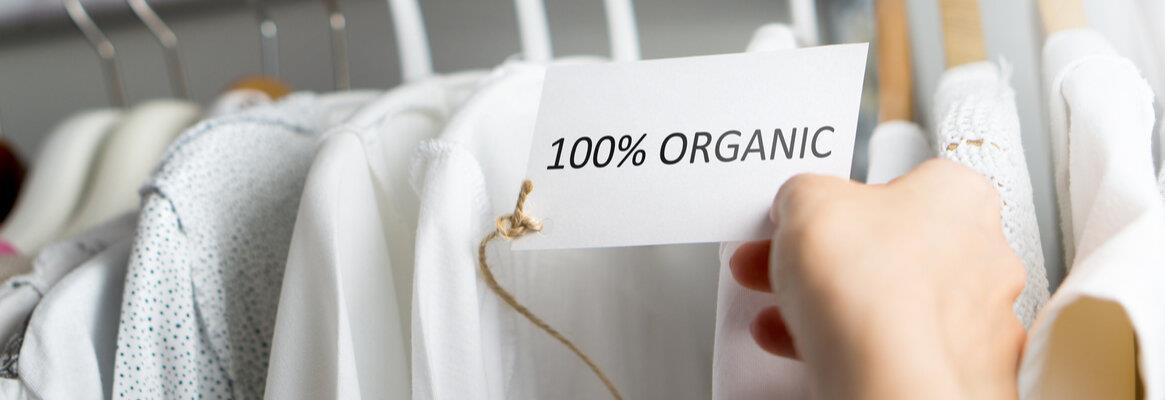The novel coronavirus or COVID-19 pandemic has seen a lot of changes in the ways several industries function. It has either brought new changes, or accelerated processes that were in the works already.
The fashion industry has been criticised time and again for its unsustainable ways, it’s hard-headed labour consumptions, and the pollution it causes. It is said to produce 10 per cent of humanity’s carbon emissions along with being the second-largest consumer of our world’s water supply, according to the World Economic Forum. Owing to ‘Fast Fashion’ being all the rage, the production of clothes has almost doubled since the year 2000.
Fast fashion is rightly termed as being an antithesis to sustainability, implying that the two going hand-in-hand could be considered as equivalent to putting lipstick on a pig. These superficial changes are deemed as an attempt to disguise the undesirable nature of fast fashion, and the ramifications of it being a go-to for consumers all around the world.
This widening or magnified version of the fast fashion industry works on boundless growth, and anything in excess cannot be advantageous for the state the world is in today. Keeping all this in mind, consumers have begun rethinking their consumption patterns while confined to the four walls of their homes, realising how much, or rather little, we need for survival. When a limited set of resources is available at hand for individuals who are usually used to being able to satisfy all their demands and meet all their wants, the ‘new normal’ is quite the alteration.
Instead of popularising ‘Work From Home Styling’ and ‘Tips and Tricks for the best Quarantine Look’, numerous fashion brands are shining a light on more serious issues like sustainability being a need of the hour, not only keeping in mind the losses faced due to the pandemic crisis, but also the fact that Climate Change is still a very real and apparent issue we are facing. Fashion is an extremely powerful component of our daily lives, empowering individuals every day to showcase emotions and dialogues through colours and patterns alike.
Sustainable fashion is using materials and other avenues in a manner where ‘ecological integrity’ comes into the frame, rethinking the system we work in today and call for an alternative shift to ‘slow fashion’. Slow fashion is a movement based on the principle of sustainability, where homegrown fashion houses focus more on emotional, ethical, and ecological qualities and prefer them over uniformity and blandness. Slow fashion respects the cultural diversity, the limited and unlimited resources at our disposal, and the ecological framework of the world we live in.
Glaring realities of greed, overconsumption, superficiality, and a ‘wear to discard’ approach have become apparent and allowed consumers and brands to reflect on the true meaning and power of fashion, and what people can do to help make the future, post-COVID-19, better.
Brands have now begun a more inclusive and compassionate approach, where they address issues as such, while homegrown labels have taken to digital platforms for their brand’s survival post lockdown. The work of artists are being showcased and appreciated, and the world seems to shift its focus from capitalist greed to appreciation.
A reshaped narrative where ‘how’ replaces ‘how many’, is what can be expected post lockdown, where the ‘new normal’ becomes a thing of the past and where we look forward to relating the clothes we wear with the historic and cultural aspect that is their essence.










Comments